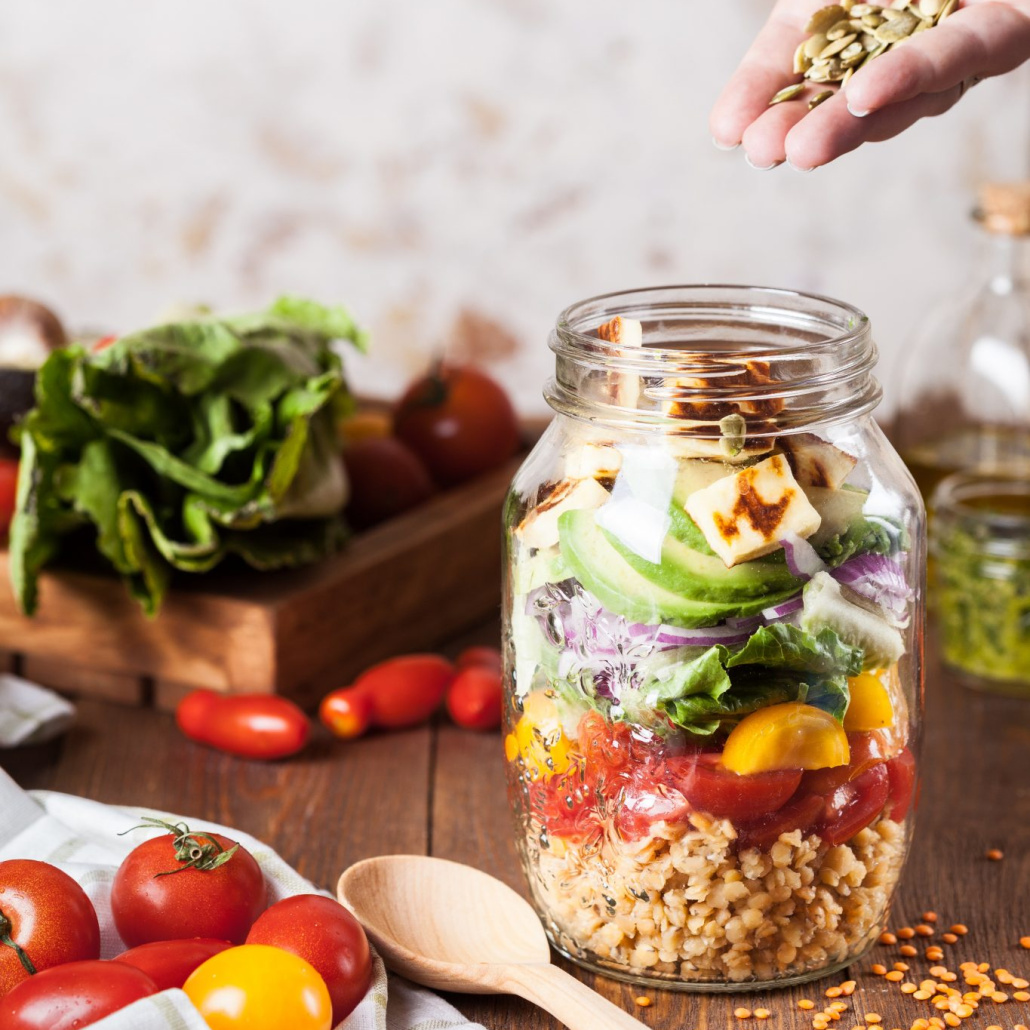Image Unsplash
- Culture
7 ways to lower your toxic load
The ultimate toolkit for reducing the everyday toxins your body absorbs
These days, going on a detox is so much more than swapping the sauv blanc and fries for green juice and raw salads. Toxins can be found not only in our food but also water, air, our beauty and personal care and cleaning products and can begin to accumulate in the body, which means it’s just as important to cleanse our bodies of these too.
While it’s impossible to control our exposure entirely, there are ways to help the body with its natural detox process.
EAT YOUR GREENS
According to biochemist and author Dr Libby Weaver we can help support the body’s detoxification and elimination pathways through food.
“Supporting the liver is key for this; the liver loves green leafy vegetables, especially those of the Brassica family (cabbage, broccoli, cauliflower, kale and brussel sprouts), and reducing our intake of substances that the liver has to alter (such as alcohol) can do wonders,’’ says Dr Weaver.
2. NOT ALL TOXINS ARE CREATED EQUAL
Classifying a toxin isn’t black and white, according to Dr Weaver. “It’s easy to get the impression something is either a toxin or it isn’t, but that’s not necessarily the case – dose is very important,’’ she says.
“For example, some of our essential vitamins and minerals can be toxic at high doses, such as iodine, yet at the right dose, they are critical for our health and survival.”
3. MORE WHOLE FOODS
Overindulging in packaged foods, takeaway, alcohol and caffeine can make it harder for the body to naturally detox, says Dr Simone Laubscher, PhD and WelleCo formulator.
“By reducing these acid-forming foods and replacing them with plant-based alkalising nutrients the body can easily rid itself of toxins, which allows the digestive system and liver to rest and recuperate,’’ she says.
“Eat more plants and less animals!’’

4. SLEEPING WITH YOUR SMARTPHONE
“The human body is made up of at least 60 per cent water, and the electronic current within our bodies resonates with the wi-fi of our mobiles, especially while we’re sleeping,’’ says Dr Laubscher.
“The solution is easy – leave your phone in the living room.’’
5. SKINCARE
“If you can’t eat it, don’t put it on your skin. Always keep in mind your skin is your third kidney; what you put on your skin will go directly into your bloodstream. Choose organic skin creams made using natural products,’’ says Dr Laubscher.
6. TAKE THE PLUNGE
“The huge saturation of salt we get when we dunk ourselves in the great blue naturally draws toxins out of the body,’’ says Dr Laubscher.
Can’t take a daily dip? Try an epsom salt bath instead.
7. VITAMIN D
Just another reason to get your daily 20 minutes in!
“There is now a link between vitamin D and detoxification of the body (particularly mercury). The natural serotonin it creates is also great for improving brain function,’’ says Dr Laubscher.
